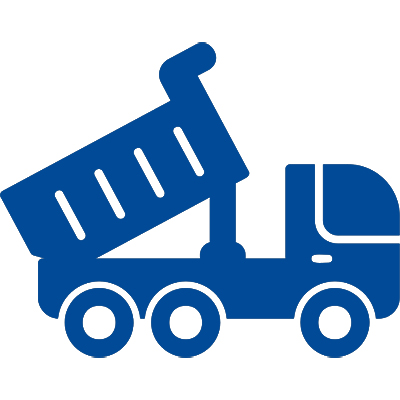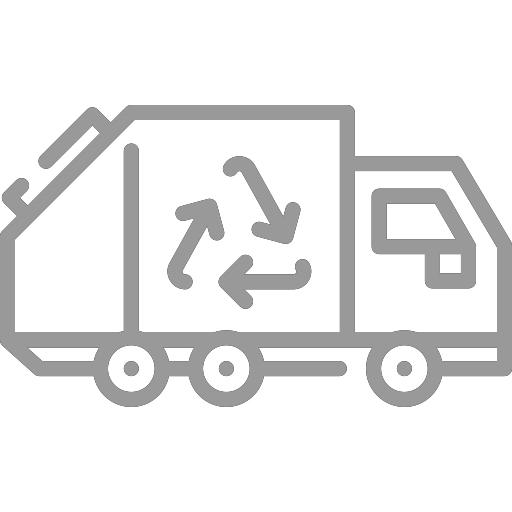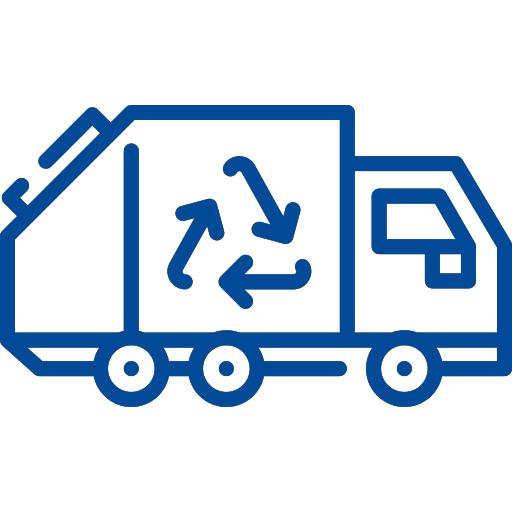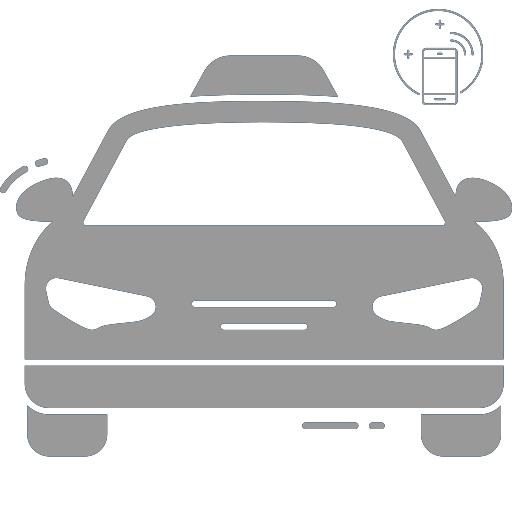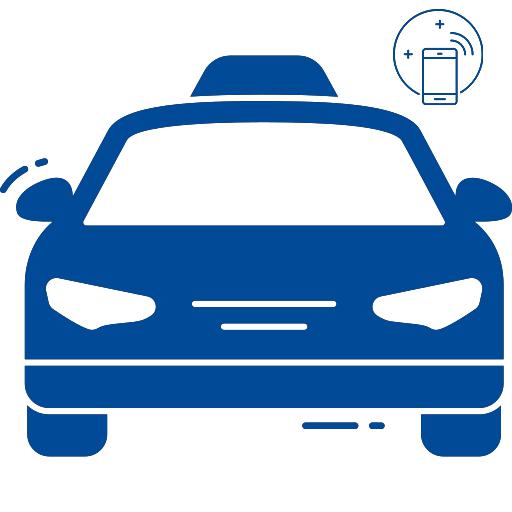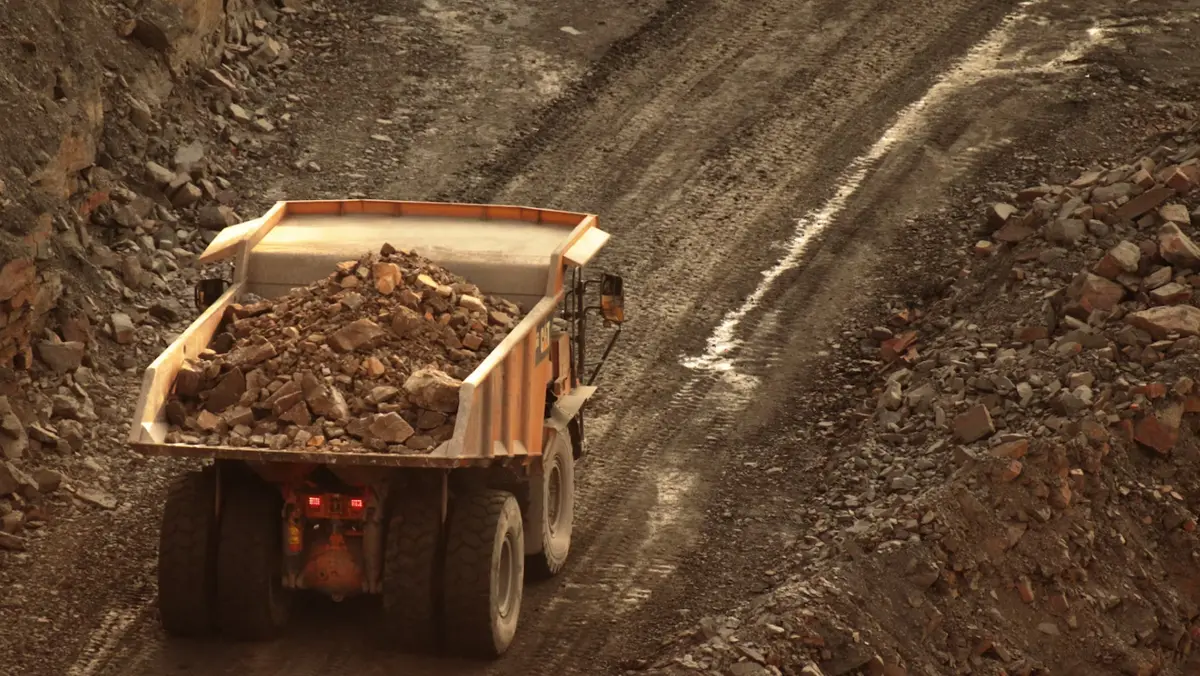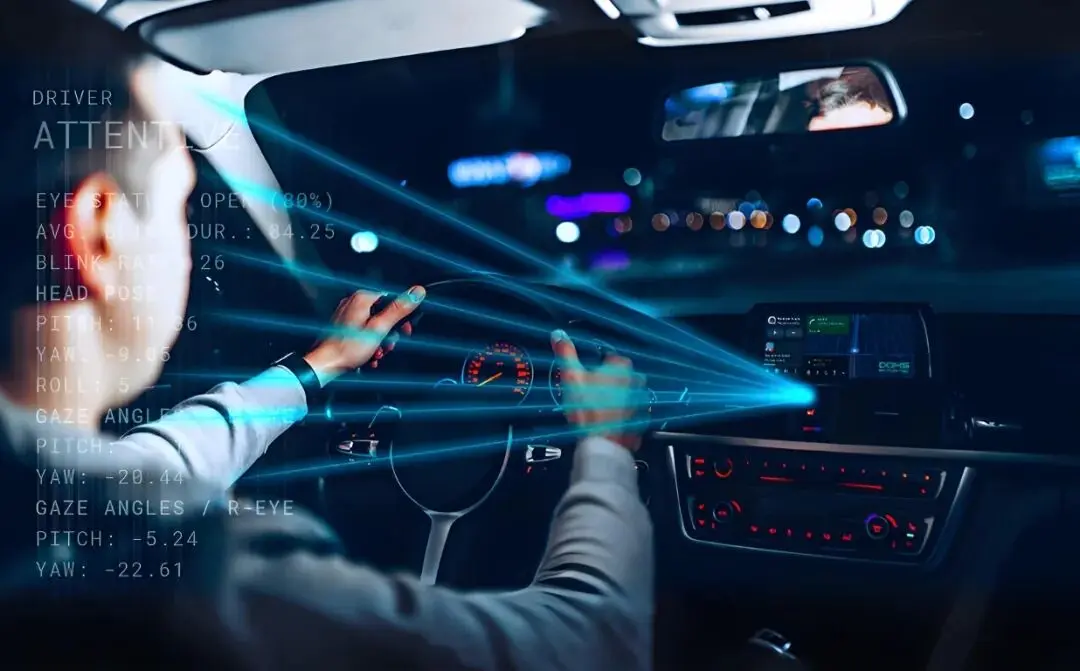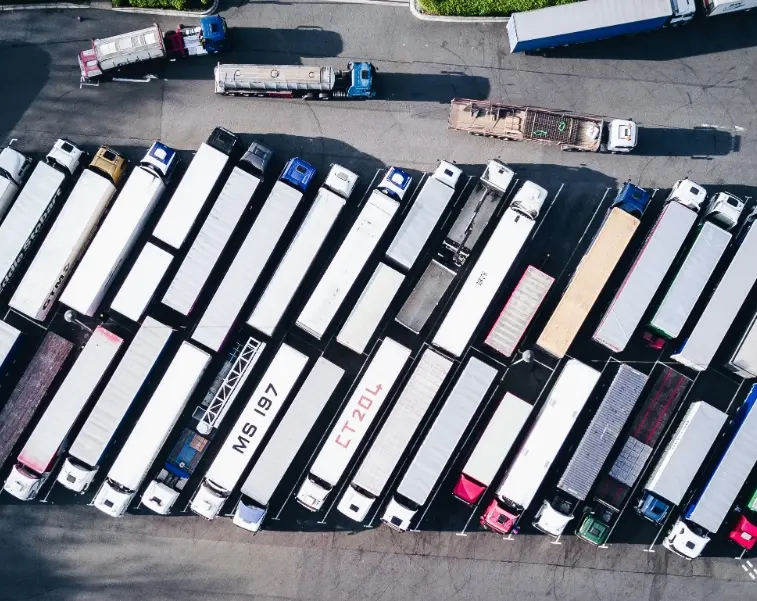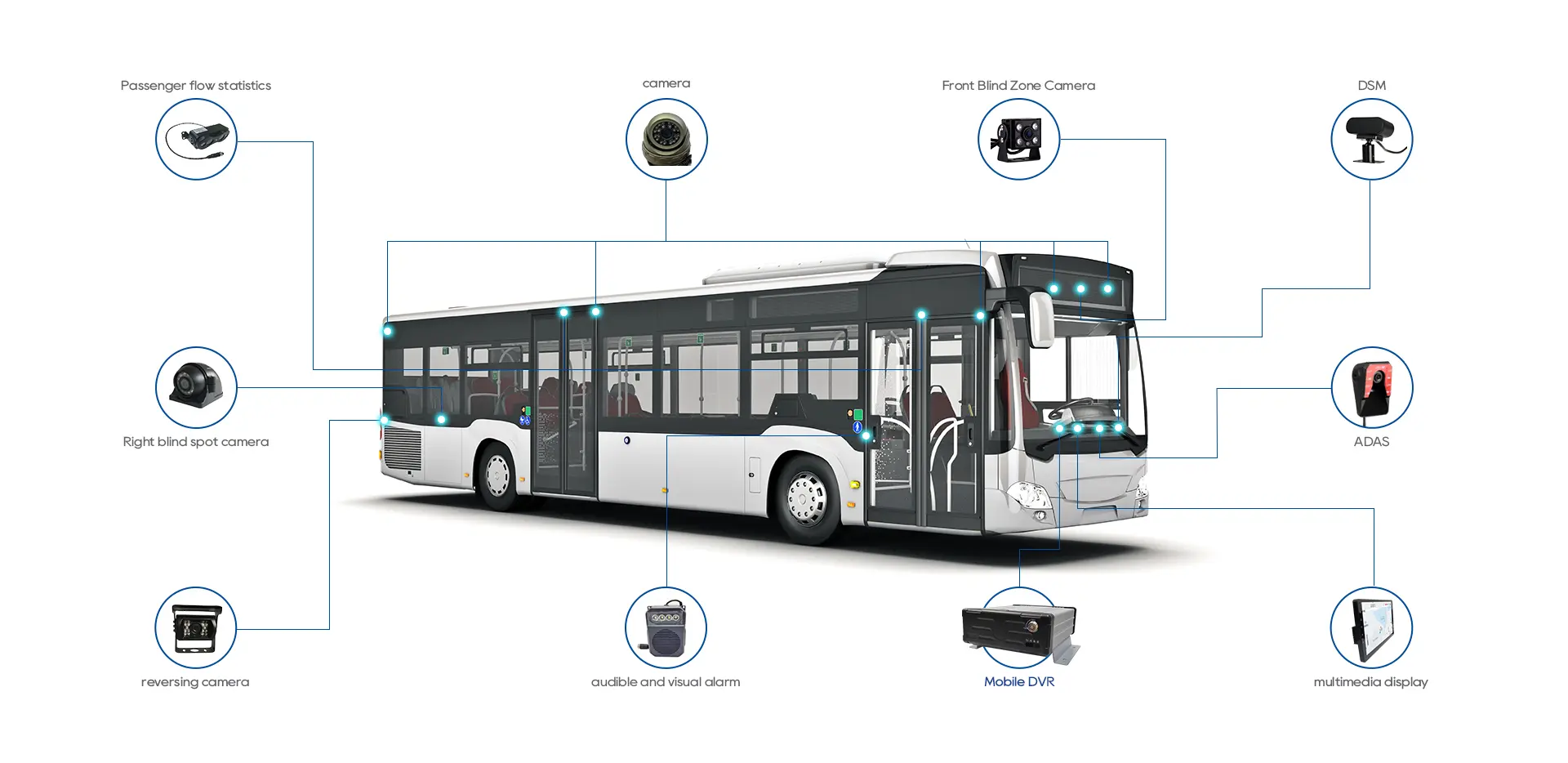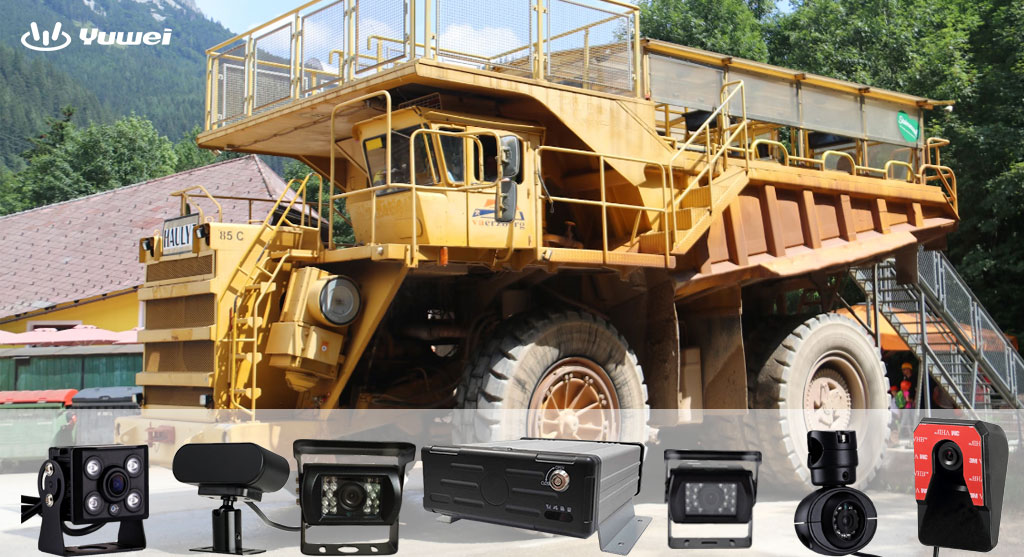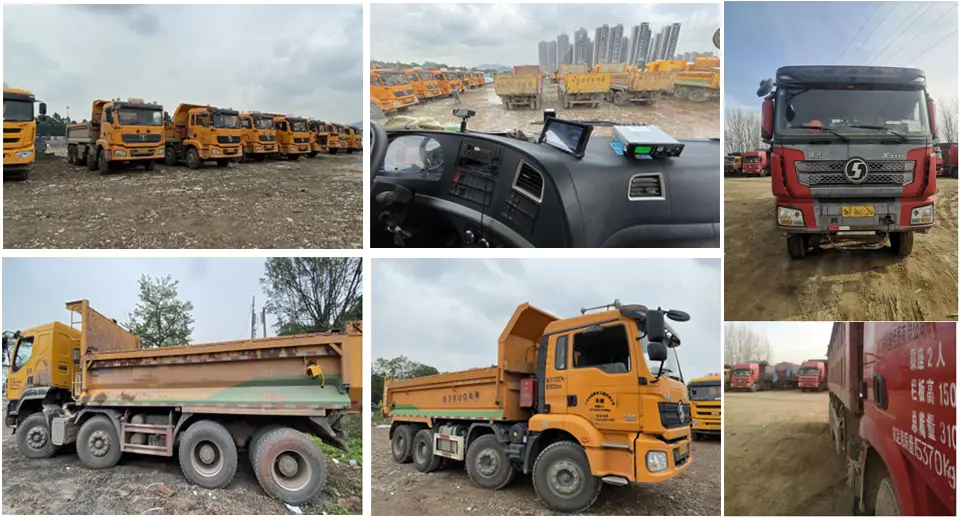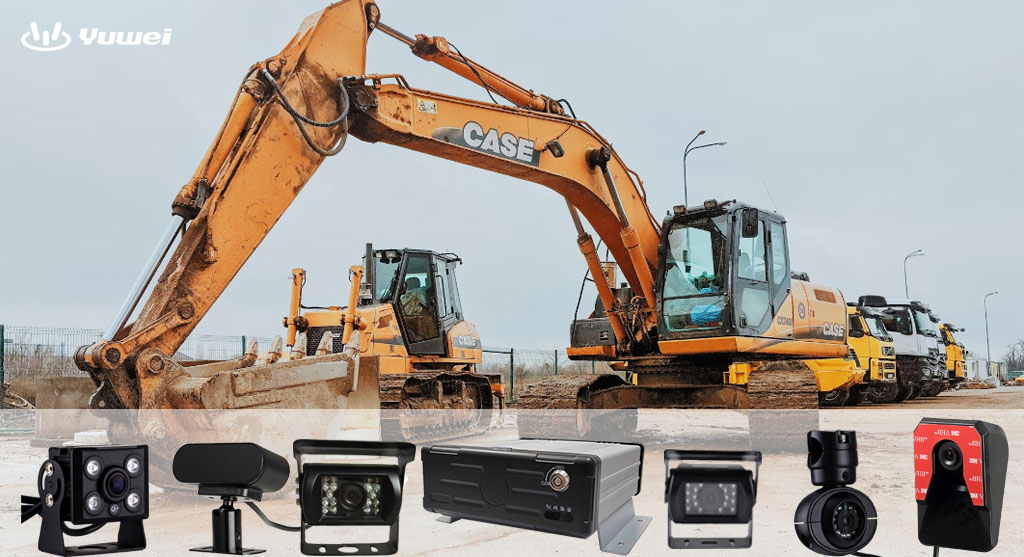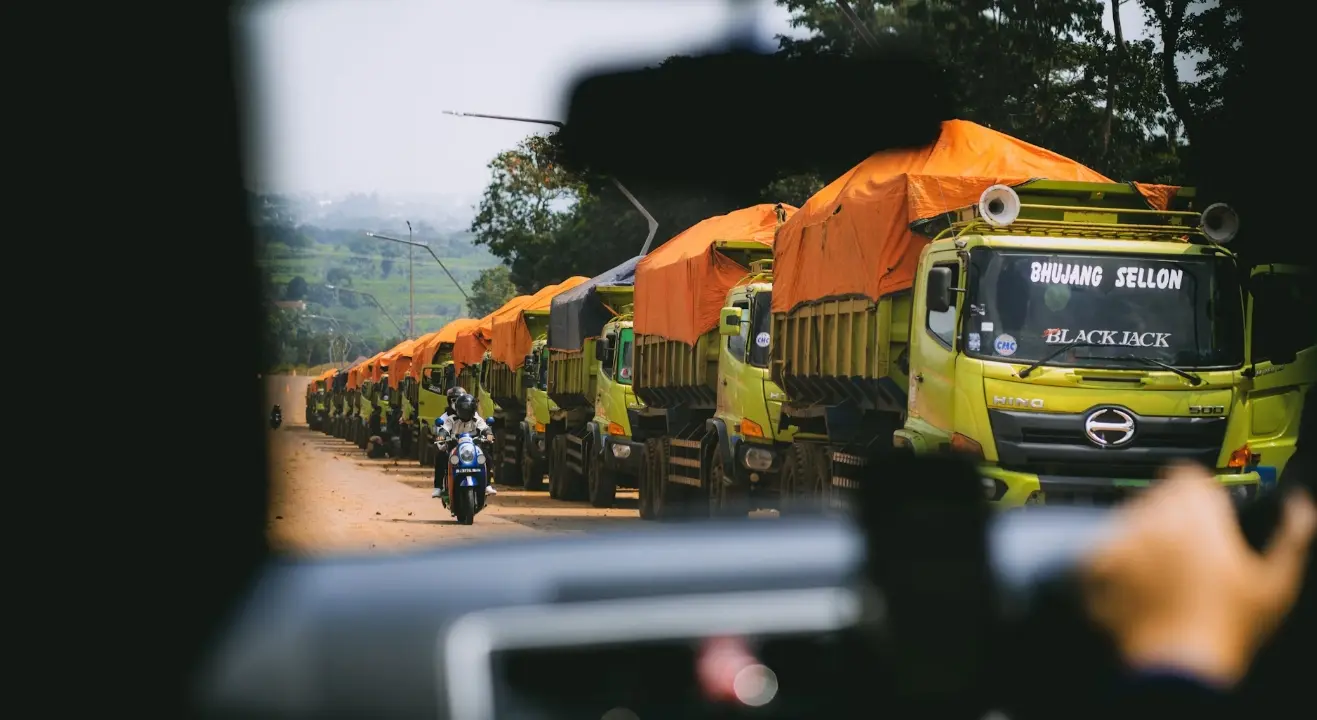Truck Backup Camera System: How It Works and Benefits
Truck Backup Camera System
One of the biggest challenges truck drivers face is limited visibility. Trucks have significantly more blind spots than passenger cars or SUVs—and those blind spots are 10 times more dangerous. This issue is especially critical during parking and reversing, where visibility is greatly reduced. As a precaution, more and more drivers are turning to backup camera systems.
Truck accidents don’t just endanger the drivers themselves—they can also severely impact those around them. That’s why safety features like a backup camera system are essential. But how do they work? Let’s break it down.
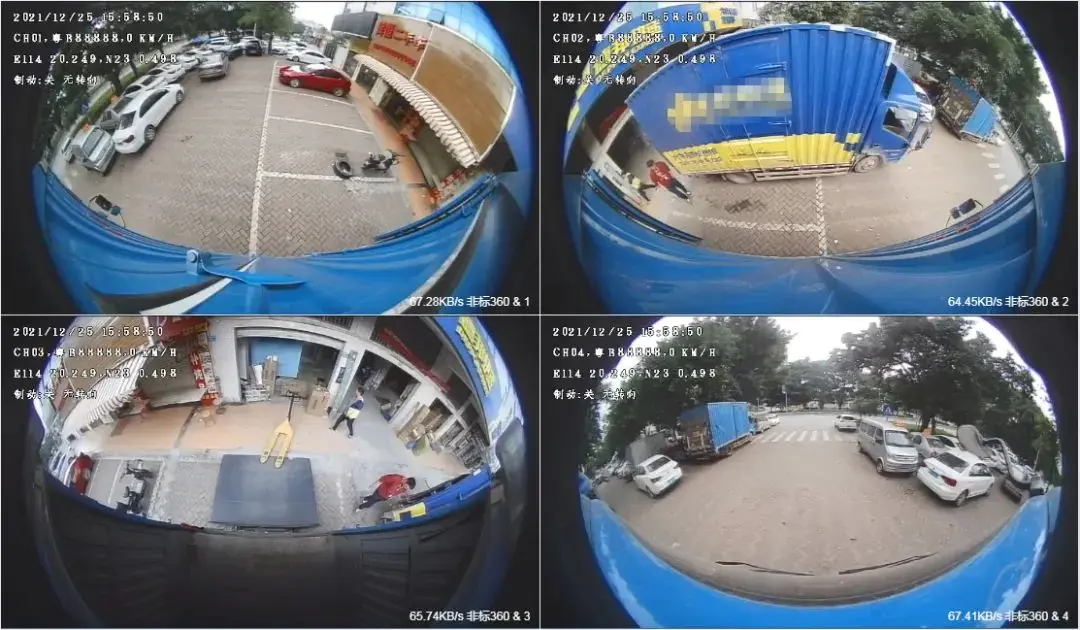
Components and Working Principle of a Truck Backup Camera
1. Camera
The camera is the most essential component of the entire system. It captures real-time footage of the area behind the truck and automatically activates when reverse gear is engaged.
1. Video Quality: Most cameras support 720p or 1080p, while premium models offer 2K or even 4K resolution.
2. Night Vision: Built-in infrared LEDs help the camera adapt to low-light or no-light environments by automatically adjusting brightness.
3. Waterproof Rating: Common standards include IP65 or IP67, offering resistance to rain, moisture, and fog.
2. Display Monitor
The monitor serves as the output unit, usually mounted on the dashboard, to display real-time footage from the camera.
1. Size & Technology: Typically 5 to 10 inches, using either LCD or TFT technology.
2. User Interface: Advanced models support touch or remote control for easy configuration and operation.
3. Control Box
The control box acts as the brain of the system, coordinating the data transmission between the camera and the display.
1. Wired Systems: Connect all components via cables for stable signal transmission.
2. Wireless Systems: Use RF signals (typically 2.4GHz–5.8GHz), making installation more convenient.
How a Truck Backup Camera System Works
Step 1: System Activation
When the vehicle is shifted into reverse, the backup lights turn on, automatically activating both the camera and the monitor.
Step 2: Video Transmission
The camera captures the rear view and sends the live footage to the display either via wired or wireless methods.
Step 3: Driver Operation
The driver watches the monitor and follows the guidelines to reverse safely, avoiding obstacles or pedestrians.
What to Consider When Buying a Truck Backup Camera
1. Shockproof Design
Choose a model with anti-vibration mounts to withstand rough roads and reduce the risk of camera misalignment or damage.
2. Waterproof Rating
If you often drive in harsh weather, select a system rated IP67 or higher for reliable performance.
3. Video Resolution
720p is the minimum recommended resolution. For clearer visibility, especially in tight urban spaces, go for 1080p or higher. Note that higher resolution may require more storage and cost more.
4. Advanced Features
Look for systems that support features like visual radar, buzzer alerts, auto-braking, and rear cross-traffic warnings (ADAS) to enhance safety.
5. Trusted Manufacturer
Avoid cheap, low-quality systems. Choose reputable brands that offer warranties, after-sales support, and installation guidance.
For example, YUWEIprovides warranty support, custom packaging, technical assistance, factory pricing, and restocking services.
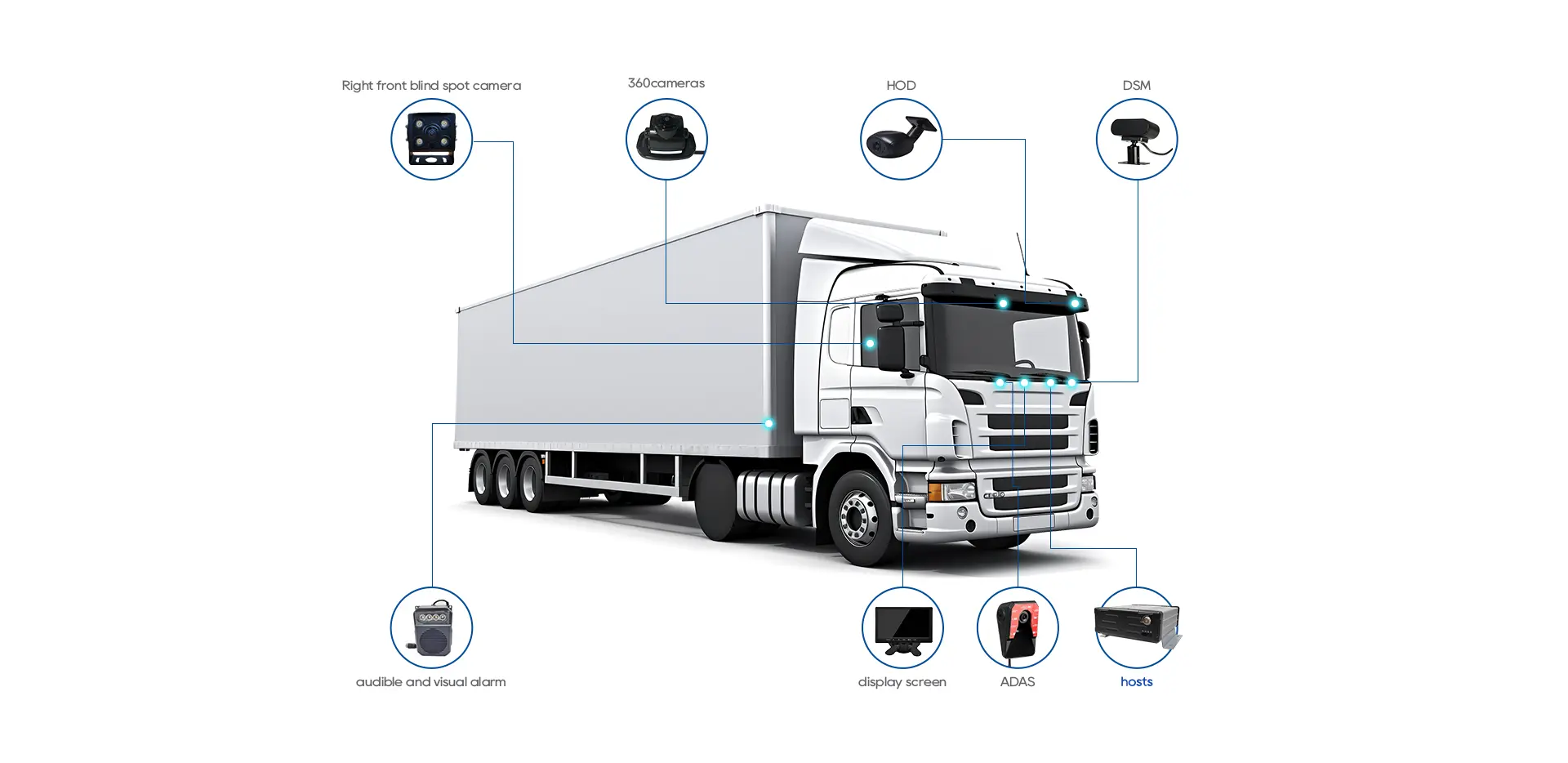
How to Make the Most of Your Truck Backup Camera
1. Adjust the Camera Angle
Install the camera at an angle that minimizes blind spots and gives you the best rear visibility.
2. Use in Combination with Mirrors
Never rely solely on the camera. Always check your side and rear-view mirrors to maintain safe driving habits.
3. Add Buzzers and Sensors
These components offer both visual and audio cues. If an object suddenly enters your blind spot, the buzzer can alert you in time to stop.
4. Practice Night Vision Use
Night vision may look different at first. Practice in safe areas like your driveway to get familiar with the display in low light.
A truck backup camera is a vital safety upgrade—especially for new or long-haul drivers. It offers real-time rear visibility and integrates with advanced driver assistance systems (ADAS) for enhanced driving and parking safety. Choosing and using the right system can significantly reduce accident risks and help protect lives and property.
More:best 4 channel dash cam | 360 camera for semi truck | mini adas dashcam | truck cctv surveillance camera | ldws dash cam
















